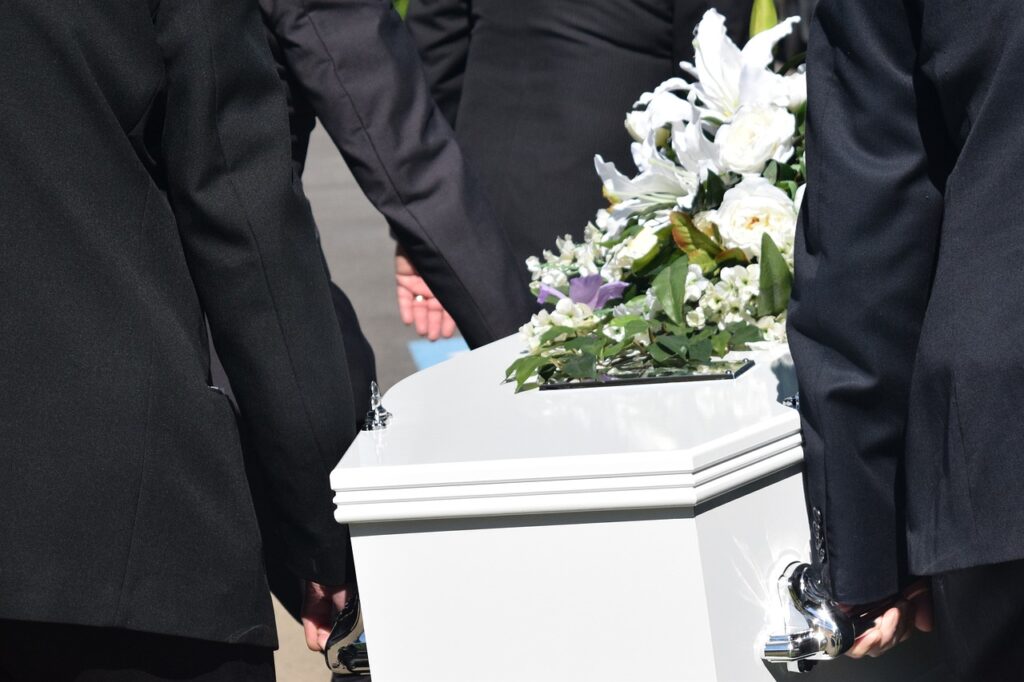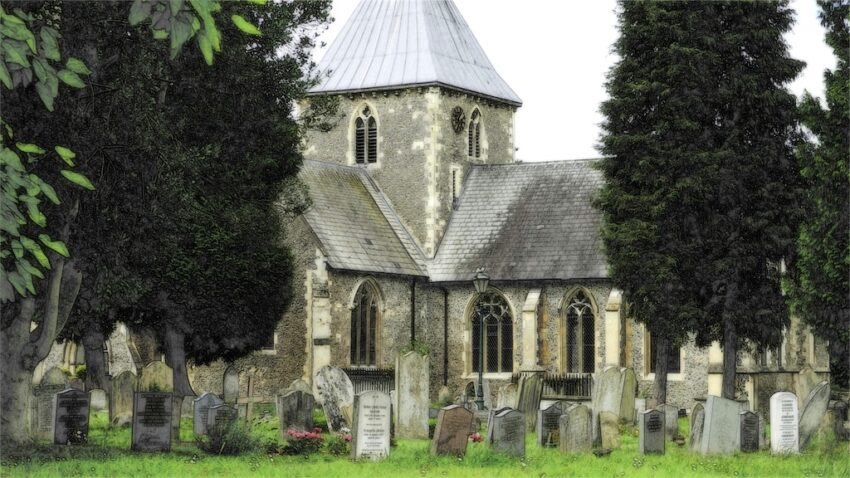
The question of who signs a death certificate and determines a cause of death doesn’t keep most people awake at night. Chances are it will never cross their mind.
Most of the time, death certification goes smoothly and no one notices the wheels turning behind the scenes. But, as with any complex system, sometimes everything doesn’t go smoothly.
One reason is that laws vary across the United States.
Who can certify the cause of death?
Physicians (in all states), nurse practitioners (most states), and physician assistants (more and more states in recent years) can certify deaths due to natural causes.
There are a few oddities around the nation. In Texas, for example, a justice of the peace or a judge can sign a death certificate. That’s exactly what happened when Supreme Court Justice Antonin Scalia died on a rural luxury ranch there in 2016.
Only coroners (includes coroners and medical examiners) can certify deaths due to other than natural causes. But coroners can also certify deaths due to natural causes and often do. Coroners sign about twenty percent of all death certificates in the United States.
Manner of Death: Homicide, suicide, accident, undetermined
Bodies don’t come labeled with the manner of death. Sometimes it’s obvious, often it’s not.
Consider the case of Tammy Daybell. The coroner—who went to the death scene at the home but had little experience—signed the case out as natural causes without an autopsy or investigation. After police linked her husband and his new wife to two other murders, a medical examiner exhumed Tammy’s body. A forensic autopsy determined the manner of death was homicide.
This case illustrates the awesome power and responsibility of a coroner when they decide whether or not to take jurisdiction of a case. It’s why medicolegal death investigation training is so important. So is a high index of suspicion, especially because most bodies are cremated these days, eliminating the possibility of a second look.
Manner of Death: Natural
Depending on state law, the coroner will be called for many natural deaths. In many (but not all!) states, for example, if the decedent had a change of care setting within the past twenty-four hours, the coroner must be called. That includes almost all non-traumatic emergency room deaths. It also includes deaths that happen with twenty-four hours of a transfer to a nursing home or hospice care.
But—many natural deaths happen in a home setting. A coroner will or should be called for most home deaths, unless hospice procedures are followed. A coroner or a deputy coroner called about a home death makes a critical decision. Is this a coroner’s case or not?
If the coroner decides the death doesn’t fall within the scope of their legal responsibilities, the decedent’s medical provider is responsible for the medical certification.
Conflict about Who Signs a Death Certificate
Every coroner has experienced a situation where a physician refuses to certify the death certificate for a patient.
- “I don’t know why they died.”
- “I haven’t seen them since last year.”
The coroner may be tempted to respond with
- “I don’t know why they died either and all I will do is look at your medical records to come up with a probable cause for this natural death.”
- “I’ve never seen your patient either and there is no valid reason to do an autopsy.”
Attended or Unattended Death?
Unfortunately, conflicts like these are common, erode the coroner-physician relationship, and can cause delays for funeral homes and families. Often the issue revolves around how long it’s been since the physician “attended” (provided treatment) for the decedent. It’s helpful when state law specifies the meaning of “attended,” but state laws are all over the place.
Thirty Days or Thirty Years?
In Georgia, “death without medical attendance” is a death occurring more than 30 days after the decedent was last treated by a physician. In Arizona, it’s a death occurring more than eighteen months after last interaction. But in North Carolina, Ohio, Pennsylvania and many other states, the law provides little guidance on the meaning of attendance.
This North Carolina Medical Board article and comments from physicians present both sides of the argument.
In 2013, a coroner in Ohio spoke out about the burden on her office. State law there defines attending physician only as “the physician in charge of the patient’s care for the illness or condition that resulted in death.”
In a few states (Georgia, Illinois), medical boards can impose disciplinary action on physicians who refuse to certify.
Florida, which has a regional medical examiner system, has a very clear law on death certification. The Miami-Dade County Medical Examiner Office took it one step further by implementing fees for refusal to certify a natural death or if the medical examiner has to amend “a natural death record filed by an attending physician.”
Settling Disputes about Who Signs a Death Certificate
Coroners sign death certificates every day. Physicians rarely do so and may have fears and concerns that their county coroner can address.
Coroners are experts on death certificates and can coach physicians, nurse practitioners, and physician assistants when necessary. Often a review of the death circumstances is enough. It also helps if coroners advise physicians that the cause of death is an informed medical opinion and that modifiers like “probable” are acceptable.
This classic essay by Dr. Stephen Cina, former Cook County Medical Examiner, shows that the problem of who signs a death certificate is not new. Dr. Cina encourages a thoughtful rather than adversarial approach to resolving death certification differences between coroners and attending physicians.
